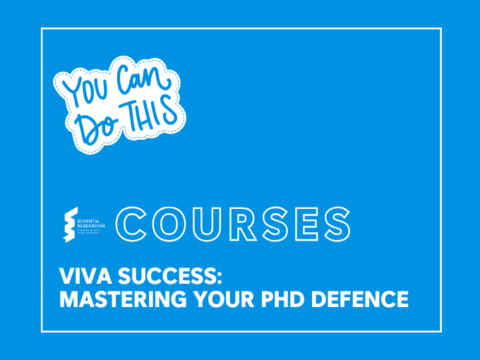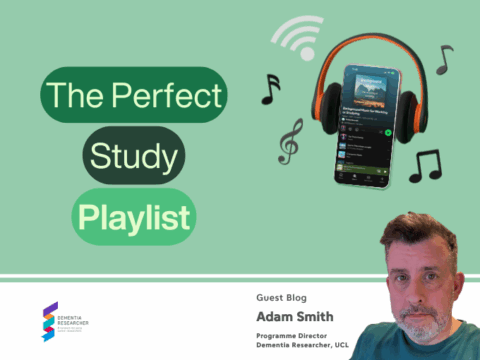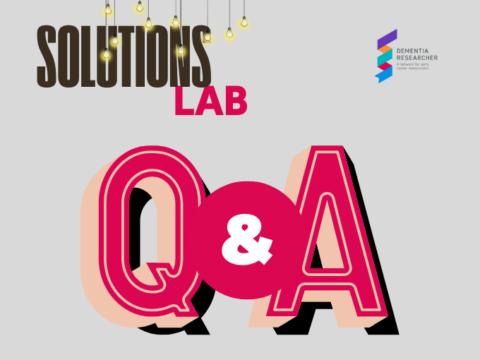
After PhD Submission, the preperation for the Viva can be a daunting task, but in this post you will get some advise that should help!
- Firstly, take a few weeks off! A refreshed mind is a productive mind!
- The book “How To Survive Your Viva: Defending A Thesis In An Oral Examination” by Rowena Murray is a must buy! It details everything you need to know about the viva process.
- You may be asked about academic publications during your viva – the time between submission and your viva is your time to write journal papers; if you have not already done so.
- Re-read your thesis – make a list of any typographical errors and mark your thesis with post-it notes and/or coloured tabs to denote important chapters, sections and figures.
- Always write on a separate piece of paper the key findings of each chapter (4 or 5 bullet points). You can take this into the viva with you and it can provide some reassurance if you forget anything!
- It’s always a good idea to have a mock viva. This doesn’t have to be your supervisor but could be a friend/family member who has a PhD.
- Prepare potential viva questions (see below).
- A great tip in the viva, to give you time to think about your answers, is to write each question down before you answer it!
Sample Viva Questions
The anxiety of a PhD viva tends to develop from two things: 1. “The Unknown” – not knowing what your examiners will ask you and 2. “Memory Paralysis” – the common theme of “what happens if I don’t know an answer?” Well firstly, the list below presents questions to help you feel more at ease and secondly, don’t worry if you forget/don’t know an answer to a question straight away, just ask the examiner if you can come back to it later on – it will give you more time to compose a better answer. The important thing to remember in your viva is to be honest; examiners will see through you if you make things up.
- What is the area in which you wish to be examined?
- First of all, can you tell me why you chose to do a PhD on this topic?
- In a couple of sentences, what is your PhD?
- What are you most proud of in your PhD and why?
- Did anything go wrong? Why?
- Who has had the strongest influence in the development of your subject area in theory and practice?
- What skills have you learnt?
- Who will be most interested in your work?
- What is your research problem?
- Why is your research problem worth tackling?
- How and why did you choose to focus on your particular case study?
- What other case studies could you have potentially used?
- What is the relevance of your study beyond the area/site you have chosen?
- What are the main issues and debates in this subject area?
- What has been written on your subject area in the last 12 months? And has anything been written since submission?
- Who would you say is the leading scholar in your field?
- Why didn’t you include the work of (a particular author) in your literature review?
- With reference to your theoretical approach: why did you choose it?
- Were there any other theories which you could have used? Why didn’t you use them?
- How did the literature review enable you to develop your aim?
- How did the literature review inform your choice of theory?
- How did the literature review and theoretical underpinning inform the development of your aim?
- How does your aim address your research problem?
- How do the objectives achieve your aim?
- How do the research objectives develop?
- Where did your research questions come from?
- Why did you use this particular methodology?
- Can you tell me about your methods? How did you come to decide on this particular approach? Mixed-methods/qualitative/quantitative?
- How did your research design affect the methods you used?
- How does this method approach contribute to your work?
- Did you have any problems with the data collection process?
- How did you decide on the number of people you interviewed? Do you feel it gave you the breadth/depth you required?
- To what extent were your interview questions influenced by other methods?
- Why did/didn’t you use Nvivo to analyse your interview responses?
- How does the thesis flow from one method to another?
- What were the ethical considerations of your work?
- Did you encounter any problems with applying this method of analysis?
- Do you think the data you collected were the most appropriate to answer your research questions? Or are there data you would liked to have collected?
- Are these methods the best to answer your research problem?
- If you had your time again would you use any different methods? Why?
- Can you summarise your key findings?
- Which of your findings are most interesting to you and why?
- Were the findings what you expected?
- Did anything surprise you about your findings?
- What are the strongest and weakest parts of your work?
- How do your findings relate to the literature in your field?
- To what extent do your contributions generalise/What is the potential for transferability?
- What is the relevance of your work to other researchers?
- What have you done that merits a PhD?
- What are your additions to knowledge?
- What do you recommend from your work?
- What is the novelty and originality of your research?
- What are the limitations of your work?
- Why does your research matter?
- If you could do this research again what would you do differently?
- Has your view on your research topic changed?
- What aspects of your work do you think you could publish and where?
- If you propose future research, how would you start it?
- What advice would you give to a future research student thinking about applying for a PhD?
- What are your plans post-PhD?
- These are a flavour of what you could be asked in your PhD viva and they apply to all subject areas. Usually the examiners will begin by asking general questions and then may question you on each chapter before delving into the thesis to ask specific questions related to your research to uncover justifications/things that may need clarifying further. The tip is not to be defensive – the viva should be a constructive process!
- Enjoy it! It is probably going to be the only time you will ever get to talk to people who have read your thesis and are genuinely interested in your work!
Before you go, here are some other questions that might help.

 Print This Post
Print This Post




